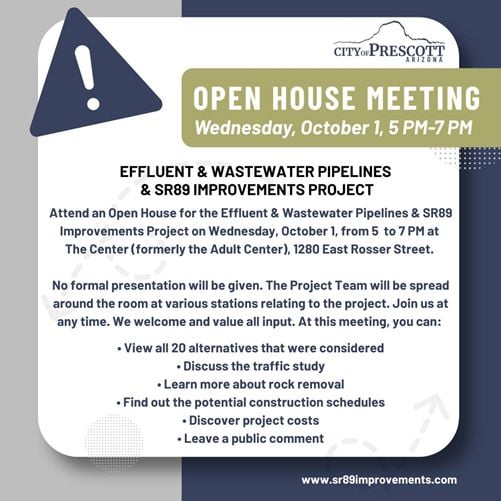Photo by Scott Graham on Unsplash
Estate planning is the process of arranging how your assets will be managed and distributed after your death. While it may seem like a distant concern, proper estate planning is one of the most considerate acts you can perform for your loved ones. When someone passes away without adequate estate planning, their family often faces the complicated, time-consuming, and potentially expensive probate process during an already emotional time. Effective estate planning can reduce these burdens, providing clarity and direction when it is needed most.
What is Probate and Why Does it Matter?
Probate is the legal process through which a deceased person’s estate is properly distributed to heirs and designated beneficiaries and any debt owed to creditors is paid off. This court-supervised procedure validates your will (if you have one), appoints an executor to oversee the process, inventories your assets, pays debts and taxes, and distributes remaining property according to your wishes or state law.
The probate process typically takes six months to a year but can stretch much longer for complex estates or when family disputes arise. Common challenges include substantial court and attorney fees, lengthy delays, public disclosure of personal financial information, and potential conflict among family members during an already difficult time.
Key Estate Planning Tools to Simplify Probate
Wills: The Foundation of Estate Planning
A legally valid will serves as the cornerstone of effective estate planning. This document specifies how you want your assets distributed and names guardians for minor children. While a will doesn’t avoid probate entirely, it provides clear instructions that streamline the process, reducing confusion and potential disputes that could otherwise extend probate proceedings.
Trusts: Avoiding Probate Altogether
A living trust is a powerful tool that can help your estate bypass probate completely. When you place assets in a trust, you retain control during your lifetime, but upon death, these assets transfer directly to your named beneficiaries without court involvement. This not only saves time and money but also maintains privacy, unlike probate, trust administration isn’t a matter of public record.
Beneficiary Designations and Joint Ownership
Certain assets – such as life insurance policies, retirement accounts, and financial accounts – can bypass probate through proper beneficiary designations. Similarly, jointly owned property with rights of survivorship automatically passes to the surviving owner without going through probate. These simple arrangements can significantly reduce the size of your probatable estate.
How to Minimize Probate Costs and Delays
Simplifying your estate structure can dramatically reduce administrative hurdles. Consider consolidating accounts, clearly documenting all assets, and maintaining an organized record of important financial information that your executor can easily access. Clear communication with family members about your intentions can help prevent disputes that might otherwise delay probate and drain estate resources.
How to Start Estate Planning Today
Begin by consulting an experienced Arizona probate litigation attorneys who can guide you through creating essential documents tailored to your unique circumstances. At minimum, create a valid will, but consider establishing a trust for more comprehensive protection. Review and update beneficiary designations on all applicable accounts, and organize your financial information in a way that will be accessible to your executor.
Securing Your Future Legacy
Estate planning is ultimately an act of love and responsibility. By taking proactive steps today, you not only secure your legacy but also provide invaluable guidance and support to those you leave behind. Start your estate planning journey today and give your family the gift of clarity and peace of mind when they’ll need it most.
How useful was this article ?
Click on a star to rate it!
Average rating 0 / 5. Vote count: 0
No votes so far! Be the first to rate this post.
We are sorry that this post was not too useful for you!
Let us improve this post!
Tell us how we can improve this post?















